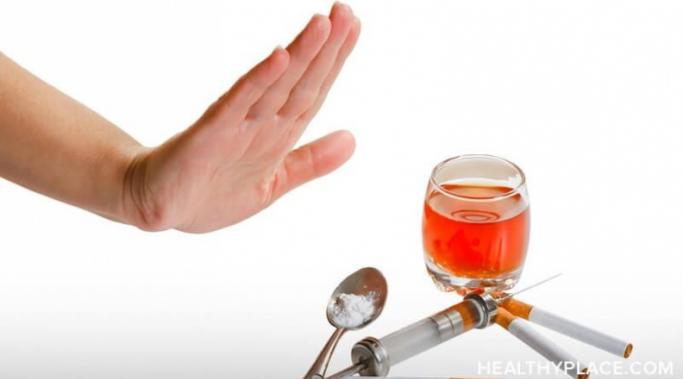As a recovering addict, I have been fortunate enough to encounter many methods of recovery, including but not limited to the 12-step group for sex addiction. I first found my way to the most common group options like Alcoholics Anonymous (AA) and Narcotics Anonymous (NA), and eventually, I discovered the variety of sex addiction-related 12-step groups available. After spending plenty of time in the 12-step group world, I can honestly say that I'm abundantly grateful for the recovery work they do within the community. However, I cannot give 12-step groups all the credit in regards to my recovery experience and maintaining sobriety.
Addiction Recovery
There are numerous benefits to documenting cravings on an official craving log. Managing cravings is perhaps one of the most challenging barriers you must face in recovery. If addiction is like an earthquake in our lives, cravings are the continual and sometimes catastrophic tsunamis that follow. I define cravings at the mental, emotional, or physical reminders that tug at your soul and remind you that your addiction still exists. They tend to be at their most extreme in early recovery, but in some cases, cravings can be experienced for years following your sobriety date. So let's see how beneficial a craving log might be for your personal addiction recovery.
When fighting addictions of any kind there are many important elements that support sobriety, but one of the most crucial ways to prevent relapse is by creating and maintaining healthy routines. In my experience, when you are missing aspects of your personal healthy routines, you are more susceptible to unhealthy thoughts, damaging choices, and most important, relapse.
I spent most of my time in active addiction fearful of what others would think about me; but when I slowly began to open up about my sex addiction, I was incredibly surprised by the reactions I received from people. Some individuals pleasantly surprised me with their love and support, others made me feel like a piece of garbage, and a few of them completely creeped me out. Nonetheless, I am grateful I finally spoke up about my sex addiction, because I know now that the reactions from other people (even people I love) don't get to define me.
The crippling stigma of female sex addiction is just one of many hurdles women must conquer on the road to recovery. Sex addiction, like many addictions, weaves it's way into the most intimate areas of your personal life, particularly in your personal relationships. The stigma and unfair shame that accompanies sex addiction have been some of the most brutal aspects I've had to face in recovery, especially as a female sex addict.
You've likely heard the saying, "once an alcoholic, always an alcoholic." It's the phrase that someone utters when the alcoholic in his or her life goes on yet another bender or relapses after white-knuckling it to stay sober. It's usually said with frustration, contempt, or even worse, pity. I used to hate to hear the phrase, especially in my early attempts at recovery, when I struggled unsuccessfully to stop drinking. To me, it meant that my failure at sobriety was inevitable - that I would continue to return to the very thing that was destroying my relationships, my spirit, and my life, no matter how hard I tried to control it. Was I just destined to always be an alcoholic?
Alcohol abuse affects women differently than it affects men, even when they drink smaller amounts. There are more health risks for women, including liver disease, breast cancer, and brain damage. While women are just as likely as men to be successful with sobriety, women who abuse alcohol may have more challenges finding accessible treatment for alcohol abuse and addiction.
It's important to know how to identify the warning signs of addiction relapse when you have a loved one who is in recovery from addiction. There are some telltale signs that a person in recovery is moving toward an addiction relapse, even before they actually use drugs or drink again. When you are able to identify those signs, you may be able to help your loved one avoid relapsing and get his or her feet firmly planted back in recovery.
Substitute addictions may become a problem when people who overcome one addiction turn to something else to fill the void. Addiction is a difficult thing to conquer, and when people have to learn to live and cope without the drugs or alcohol they have been using as a coping mechanism, they sometimes fall victim to another addiction in the process. A drinker becomes addicted to benzodiazepines. A meth addict becomes an over-eater. A heroin addict becomes an alcoholic. Substitute addictions are challenging and frustrating for friends and family to deal with, and the people who are addicted may not even recognize that they are substituting one addiction for another.
What can a dual diagnosis of substance abuse and bipolar lead to --homelessness., incarceration or broken relationships. I was a walking dead person for a decade, while my co-occurring mental illnesses were left untreated. After receiving proper treatment for bipolar and and my dual diagnosis substance abuse disorder, I have found a fresh hope.









